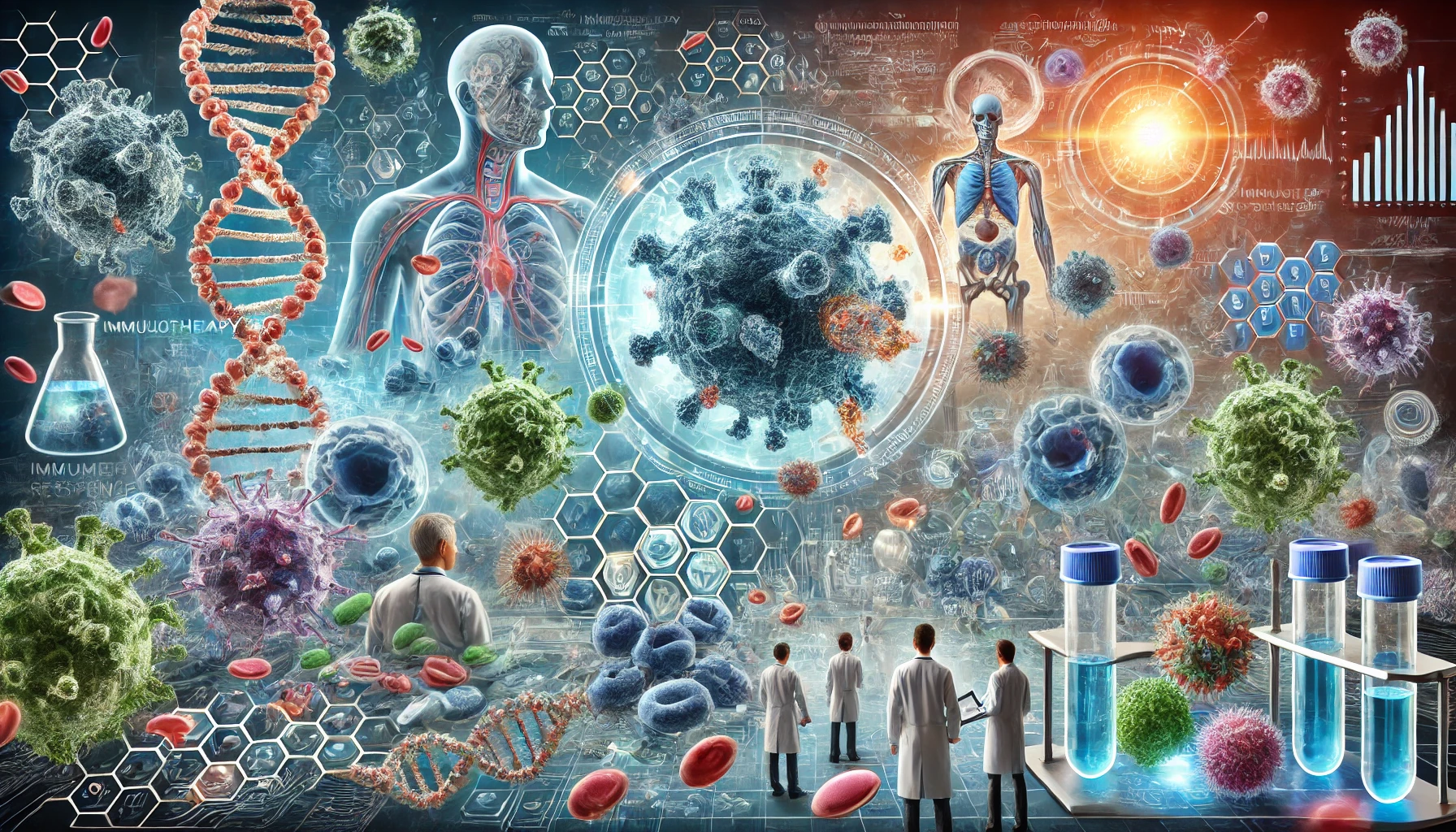How does the immunotherapy work?
Article Source: Journal of Allergy and Clinical Immunology

Why you should care
Immunotherapy offers hope for people with allergies, cancer, and other immune-related conditions. By training the immune system to fight diseases or tolerate allergens, this revolutionary treatment can improve quality of life, reduce dependency on medications, and even save lives.
Answering the question… How does immunotherapy work?
Immunotherapy retrains the immune system to either attack harmful cells or tolerate harmless substances like allergens. For allergies, it involves introducing small amounts of an allergen over time, reducing hypersensitivity by up to 80%. In cancer, treatments like checkpoint inhibitors unleash the immune system to fight tumors, achieving remission in about 20-40% of cases for certain cancers.
How was the study done?
The article reviews clinical trials and patient case studies on immunotherapy for both allergies and cancer. For allergy treatment, gradual allergen exposure was monitored over months to years. For cancer immunotherapy, drugs like PD-1 inhibitors were assessed for effectiveness in reducing tumor growth and improving survival rates.
What was discovered?
- Allergy immunotherapy reduced symptoms in 70-80% of patients, lowering medication use.
- Cancer immunotherapy improved survival rates by up to 40% for melanoma and lung cancer patients.
- Side effects varied: mild reactions in allergy treatments, while cancer immunotherapy sometimes caused autoimmune-like symptoms.
- Long-term benefits were noted, with up to 60% of allergy patients experiencing lasting relief after stopping treatment.
Why does it matter?
Immunotherapy is transforming medicine by harnessing the immune system's natural power. It reduces allergic reactions and offers new hope for treating aggressive cancers. As research advances, immunotherapy could provide more personalized and effective treatments for a wider range of conditions.
